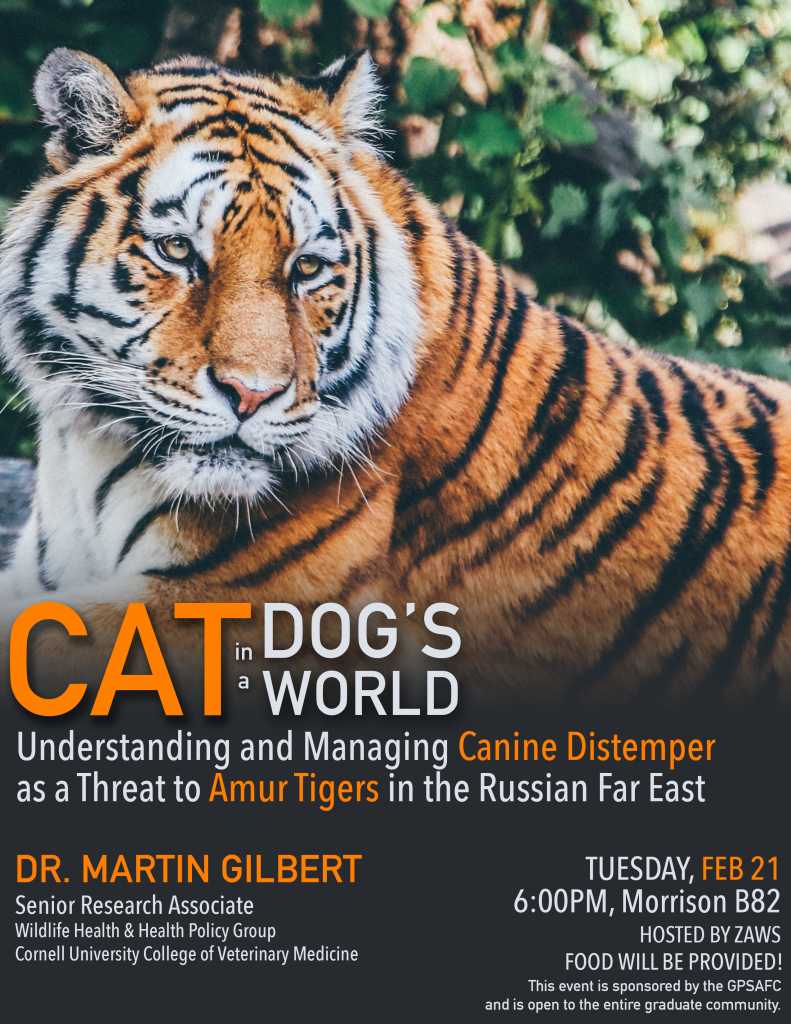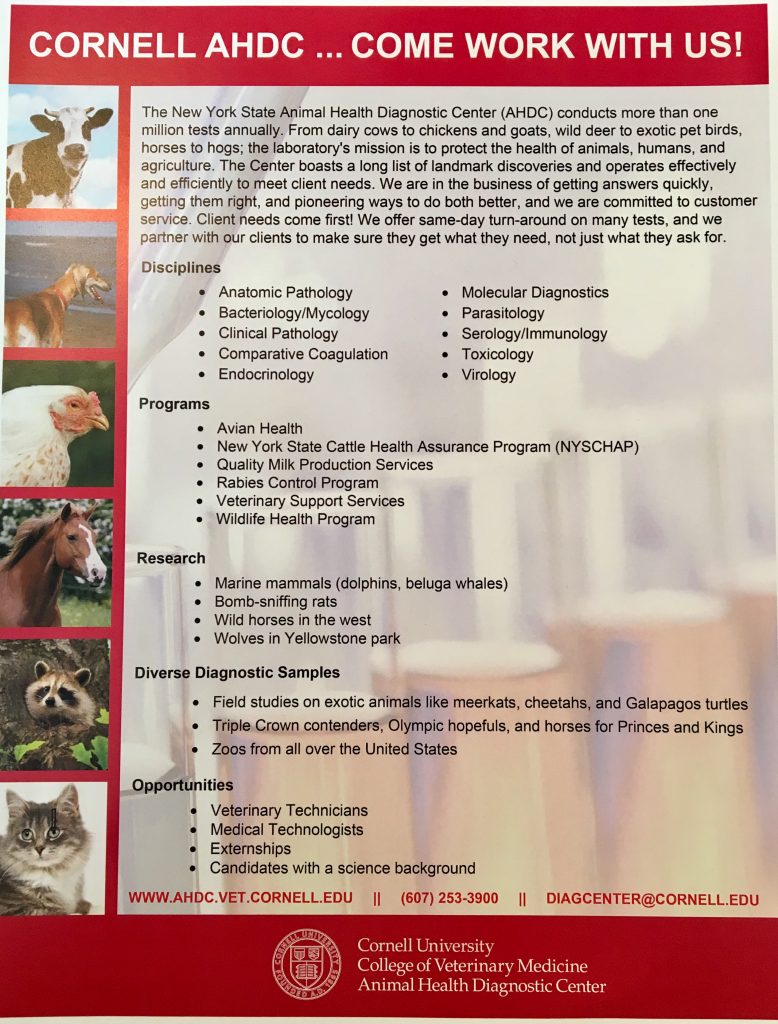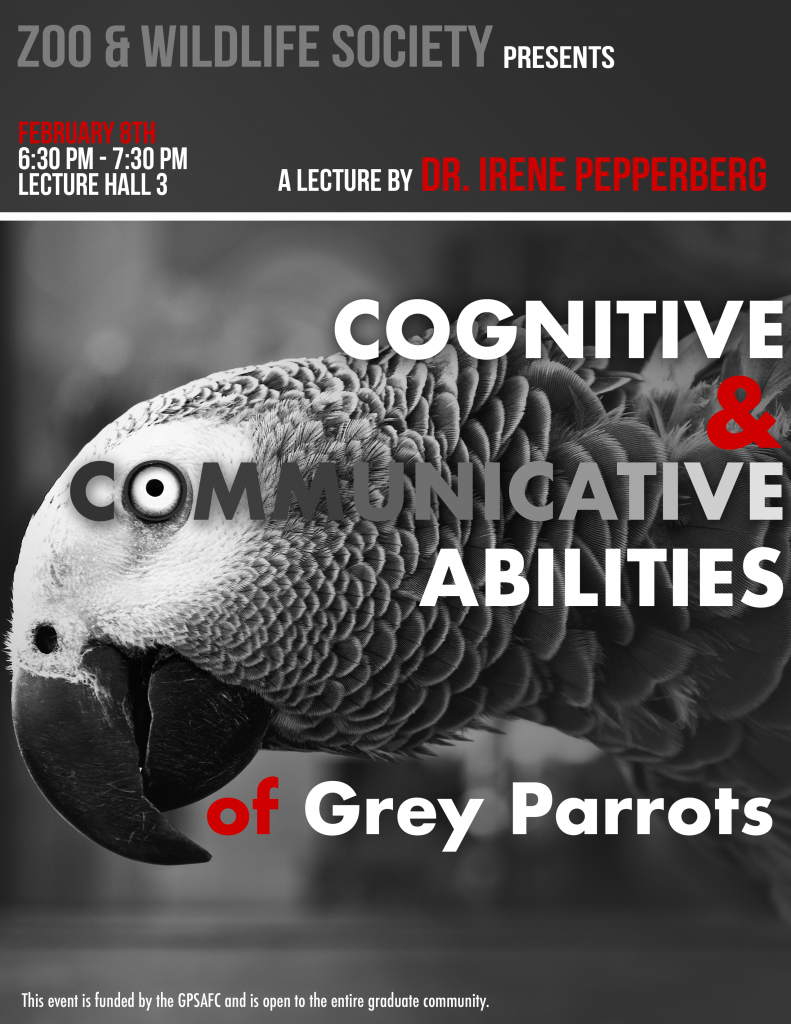The Association for Tropical Biology and Conservation (ATBC) has founded a Cornell graduate student chapter called Tropical Biology and Conservation – Graduate Student Association (TBC-GSA).
Seminar dates for Spring 2017: February 22, March 8, March 22, April 5, April 19, May 3, May 17 (every other Wednesday) at 4:00 PM in Emerson 135.
To join the TBC-GSA listserv, email Ted Lawrence at tjl222@cornell.edu with the subject line of “join TBC”.
TBC-GSA Purpose:
Understanding and conserving tropical species, ecosystems, landscapes and biodiversity is a major challenge facing society today. Furthermore, anthropogenic effects on the tropics and the human factors (social, cultural, political, and economic) driving such effects, add enormous complexity to such an urgent task. In all, tropical biology and conservation involves complex and coupled ecological and social systems. Therefore, in affiliation with the Association for TropicalBiology and Conservation, Cornell’s new Tropical Biology and Conservation – Graduate Student Association (TBC-GSA) brings together graduate students and early career scientists to share their research and efforts, while promoting the links between ecological and social dimensions for conserving tropical biodiversity. Interests of TBC-GSA cover a wide array of basic and applied research topics on tropical biology and conservation, including: structure, dynamics and functioning of tropical ecosystems, anthropogenic effects on tropical biodiversity and ecosystems, social-cultural and political-economic drivers of such effects, and more.





